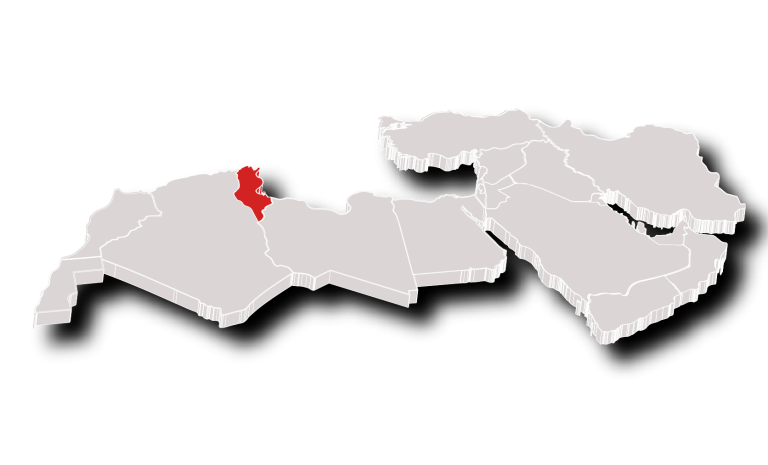Tunisia is one of MEDC’s focus countries. Our work on Tunisia covers topics such as the slide toward authoritarianism under President Kaïs Saïed, governance and politics, civil society, human rights, and U.S. policy.











MEDC Copyright 2024
|
Consolidating Power: Tunisian President Kais Saied’s Crackdown on the Judiciary